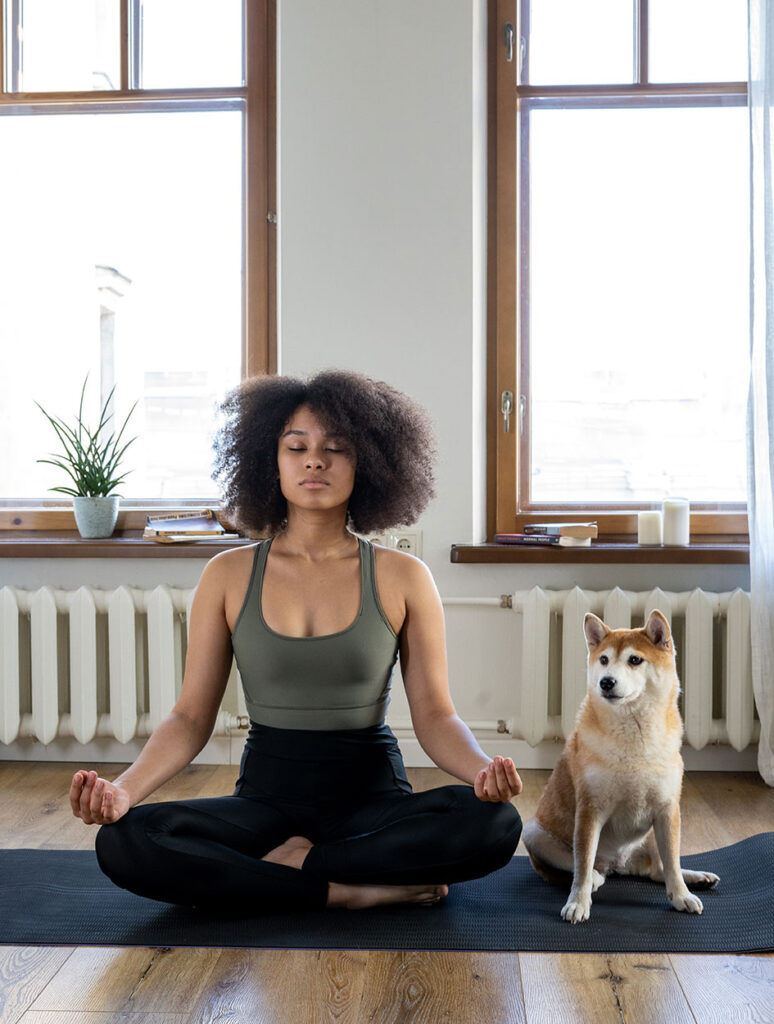
Go To Sleep! Top Tips For A Good Night’s Rest
We often think we are so good at sleep we could do it with our eyes closed. Puns aside, sleep is actually a tricky thing to get entirely right. In today’s blog – the first part of our #wakeupwell campaign – we’ll be looking at five easy steps you can take to make the most of your sleep time and how to go to sleep as effectively as possible.
What time should I go to bed?
Identifying the time at which you should go to bed is very easy. In the table below we’ve identified how much sleep different age groups should enjoy every night. For example, if you’re an adult who needs to be up at 7am, make sure you get to sleep before 10pm and midnight.
| New-born | 14 – 7 hours |
| Toddler | 11 – 14 hours |
| School-aged child | 9 – 11 hours |
| Teen | 8 – 10 hours |
| Adult | 7 – 9 hours |
The importance of efficient sleep time
The NHS explains that a lack of sleep doesn’t just cause us to be grumpy, or work inefficiently, it can have “profound consequences on your physical health”. These consequences can increase the risk of obesity, heart disease and diabetes.
Therefore, it is very important that we get a good night’s sleep to enjoy a longer, happier life. So, what can be done to help us catch some Zs?

1. More movement, better slumber
A study by Fellowes suggests that 81 per cent of British office workers spend between four and nine hours sat at their desks. As the day progresses, this can be followed by further sitting in cars or on trains and evenings sat on the sofa.
The widespread sedentary lifestyles of the 21st century can stop us from getting tired at the optimal time to sleep and negatively affect it when we eventually do nod off. To limit this, try to get out and exercise at least once per day. Even if it’s just for a lunchtime walk, daily physical activity can help us rest the mind and body come the end of the day.

2. Put down the pick me ups
Unsurprisingly, the food and drink we put into our bodies can have an effect on our ability to rest as efficiently as possible. To get around this, avoid consuming the following foods and drinks before heading the bed:
- Cheese – No, it probably won’t give you nightmares, but it does contain hight levels of tyramine. This amino acid triggers our fight of flight hormone, in turn increasing alertness which is the anthesis of what we want at bedtime.
- Salt – Crisps, peanuts and other snacks are often salty which dehydrates the body, increasing water retention. This leads to fatigue but then superficial sleep. To avoid this trap, avoid eating anything salty for at least two hours before going to bed.
- Caffeine – Most of us are well aware of the buzz we can get from caffeine, but it should be a no go for at least four hours before bed. Coffee, tea, energy drinks and even chocolate should be on you banned list of late night treats.
If you do have an irresistible urge to have a late-night nibble, bananas, cherries and raw honey are great ways to satisfy your hunger and even improve your sleep.

3. Make a restful sleep environment
It is well known that we need quiet to get to sleep but the darkness we need is important too. Widely known as the most important external factor for sleep, a dark environment helps create Melatonin which makes us sleepy.
Our natural sleep cycle has evolved over the millennia to coincide with waking up when the sun rises and sleeping when its dark. The high levels of noise pollution of recent decades however has begun to negatively contradict that part of our evolution.
The good news however is that there are easy ways through which you can block out light from your sleeping space. One of the best ways to do this is to use a curtain or window blind that features a blackout lining. By using such a window furnishing, you can increase the levels of darkness and the quality of your sleep.
When it comes to measure for your blackout blind, we suggest you provide an exact measurement and that the item hangs outside the window recess to avoid any potential halo effect. For more information on the topic, we’ve created a series of measuring guides.

4. Jot down your worries
As we’ve become more aware of – and compassionate towards – mental health, it has become well known that anxiety and worry can have a negative affect on our sleep.
By writing down your worries, you help to structure them in your mind and understand them better. This will assist with managing what’s bugging you in life. By then improving your sleep, you may also find that it was the lack of it that may have been exacerbating your stress in a cruel cycle.
Furthermore, if your stress is being caused by a specific event in the future like an event or work project you need to prepare for, writing lists can also help you plan and come to terms with what needs to be done. Both these steps will help you put your mind at ease and drift into pleasant sleep.

5. Meditation for sleep
Meditation helps to root us in the moment and lets us be less stuck in our head. This calming activity has a range of benefits from decreasing stress and anxiety, but it can also help us in our quest for a good night’s sleep.
The calm that comes from meditation helps to lower the heart rate which in turn relaxes both mind and body, putting you in a great position to fall asleep, and sleep more soundly once you get there. To make the most of your meditation for sleep, try the following steps.
i. Find a quiet, dark area of the home then lie or sit down keeping your phone in a different room. There aren’t many differences between the two so choose which ever is comfiest
ii. Start to breathe slowly and close your eyes. Really focus on your breathing while inhaling and exhaling deeply
iii. Even if a thought pops into your head, let it go and focus again on your breathing
iv. Start easy with five-minute sessions before bed. As the days progress, start to slowly extend it to 20 minutes of quietening your mind

6. Stick to a regular sleep schedule
Waking up and going to bed at the same times each day will help your body relax. We are creatures of habit after all!
By sticking to a schedule, you’ll soon start feeling sleepy at the right time and wake as fresh as a daisy. To maximise this step, readers working night shifts or uncommon working hours should additionally focus on our third top tip. Getting into a deep sleep when it’s light can add extra stresses to your body.
A combination of a set bedtime and a blackout curtain or blind will help you get a beneficial night’s rest.
We’ve recently conducted an in-depth study into sleep and how you can achieve optimal rest. The Wake up Well campaign highlights some fascinating trends from across England and provides further top tips from sleep specialists. Find out how your area fared and improve your valuable rest time!
Shop our products to help you sleep well:















